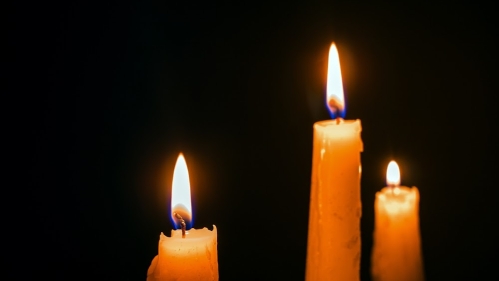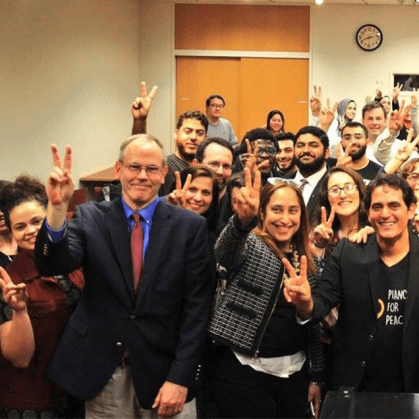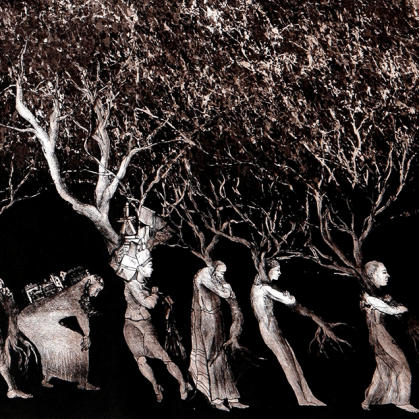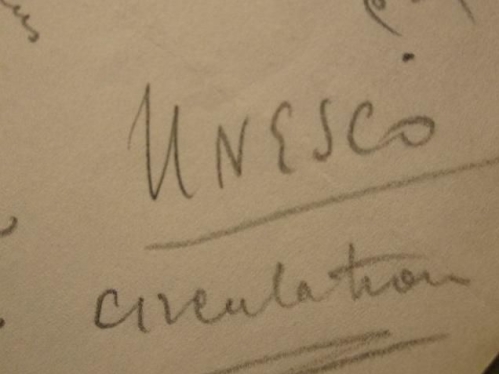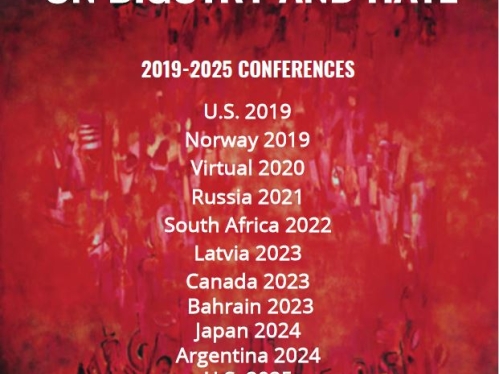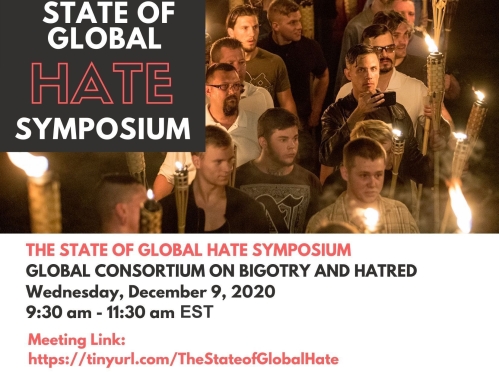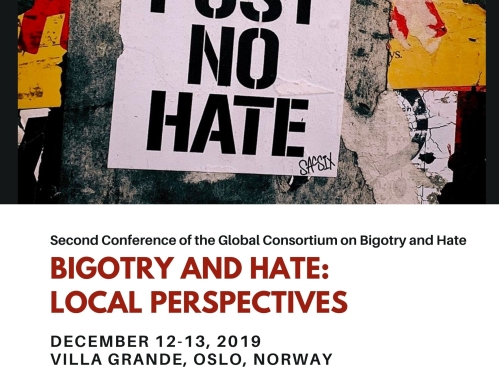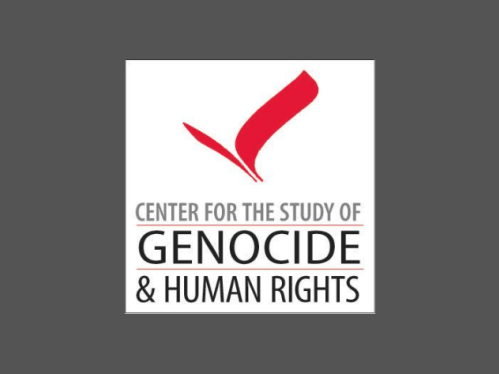Mohamed Alsiadi
Program Leader, US-MidEast Program
Fran Bartkowski
Associate Professor of English
franb@andromeda.rutgers.edu
Anonda Bell
Associate Director
Paul Robeson Galleries, Newark
Karen E. Bishop
Assistant Professor of Spanish and Portuguese, New Brunswick
kebishop@rci.rutgers.edu
Paul Boxer
Assistant Professor of Psychology, Newark
Dr. JD Bowers
Dean, Faculty Fellow, and Professor of Practice Honors College
jd.bowers@rutgers.edu
Ethel Brooks
Associate Professor of Sociology, New Brunswick
ebrooks@rci.rutgers.edu
Sherri-Ann Butterfield
Associate Professor of Sociology, Newark
sbutter@rutgers.edu
Ko-lin Chin
Professor of Criminal Justice, Newark
kochin@newark.rutgers.edu
Roger S. Clark
Board of Governors Professor of Law, Camden
rsclark@camlaw.rutgers.edu
Ira Cohen
Associate Professor of Sociology, Newark
icohen@rci.rutgers.edu
Jean-Marc Coicaud
Professor of Law and Global Affairs, Newark
Director, Division of Global Affairs, Newark
jeanmarc.coicaud@rutgers.edu
Jason Cortés
Assistant Professor of Spanish and US Latino Studies
Rutgers-Newark University
Jennifer Duprey-Colon
Assistant Professor of Spanish and Catalan Studies
jeduprey@andromeda.rutgers.edu
Brian Ferguson
Professor of Anthropology, Newark
bfergusn@andromeda.rutgers.edu
Yale H. Ferguson
Professor II of Political Science, Newark
yhfergus@andromeda.rutgers.edu
Bruce Franklin
John Cotton Dana Professor of English and American Studies
hbf@andromeda.rutgers.edu
Janice Gallagher
Assistant Professor
Political Science, Newark
janice.gallagher@rutgers.edu
Rigoberto González
Associate Professor of English and Creative Writing, Newark
Rigoberto70@aol.com
Douglas Greenberg
Executive Dean, Faculty of Arts and Sciences, New Brunswick
execdean@sas.rutgers.edu
Archer St.Clair Harvey
Professor of Art History, New Brunswick
Director, Cultural and Preservation Studies
astch@rci.rutgers.edu
Carol Henderson
Faculty Associate of Anthropology, Newark
Chenderson96@aol.com
Alex Hinton
Executive Director
Professor of Anthropology and Global Affairs, Newark
ahinton@andromeda.rutgers.edu
Kimberly DaCosta Holton
Associate Professor of Classical and Modern Languages, Newark
kholton@andromeda.rutgers.edu
Taras Hunczak
Professor Emeritus of Russian, Ukranian, and East European History
thunczak@andromeda.rutgers.edu
Lee Jussim
Professor of Psychology, New Brunswick
jussim@rci.rutgers.edu
Peter C. Kahn
Professor of Biochemistry and Microbiology, New Brunswick
kahn@aesop.rutgers.edu
Gabriela Kütting
Associate Professor of Political Science, Newark
kutting@andromeda.rutgers.edu
Kevin Kolben
Assistant Professor of Business, Newark
kkolben@rbs.rutgers.edu
Richard Langhorne
Professor of Political Science, Newark
langhorn@andromeda.rutgers.edu
Thomas La Pointe
Director of Education
Assistant Professor
Department of Composition and Literature
Bergen Community College
Michael G. Levine
Professor of German and Comp. Lit., New Brusnwick
mglevine@rci.rutgers.edu
Jack Levy
Board of Governors' Professor of Political Science, New Brunswick
jacklevy@rci.rutgers.edu
Roy Licklider
Professor of Political Science, New Brunswick
licklide@rci.rutgers.edu
Laura Lomas
Associate Professor
Fran Mascia-Lees
Professor and Chair of Anthropology, New Brunswick
FMascialees@anthropology.rutgers.edu
Saul Mendlovitz
Dag Hammarskjold Professor of Peace and World Order Studies Emeritus
Rutgers School of Law, Newark
smendlovitz@kinoy.rutgers.edu
Manus I Midlarsky
Moses and Annuta Back Professor of International Peace and Conflict Resolution,
Department of Political Science, New Brunswick
midlarsk@rci.rutgers.edu
Sean T. Mitchell
Assistant Professor of Anthropology, Newark
Alexander Motyl
Professor of Political Science
ajmotyl@andromeda.rutgers.edu
Nela Navarro
Associate Director, Director of Education CGHR, Assistant Teaching Professor,
English- Department Writing Program
CGHR Executive Committee
nela.navarro@rutgers.edu
Richard M. O’Meara
Adjunct Faculty, Division of Global Affairs
omearar@msn.com
Mark Robson
Dean and Professor
School of Environmental and Biological Science
Rutgers, New Brusnwick
robson@aesop.rutgers.edu
Isaias Rojas-Perez
Assistant Professor of Anthropology, Newark
isaias@andromeda.rutgers.edu
Said S. Samatar
Professor of History, Newark
samatar@andromeda.rutgers.edu
Norman Samuels
Provost Emeritus and University Professor of Political Science, Newark
samuelsn@andromeda.rutgers.edu
Kurt Schock
Associate Professor of Sociology, Newark
kschock@andromeda.rutgers.edu
Arlene Stein
Associate Professor of Sociology, New Brunswick
arlenes@rci.rutgers.edu
Genese Sodikoff
Assistant Professor of Anthropology, Newark
sodikoff@andromeda.rutgers.edu
Asbed Vassilian
Professor of Chemistry, New Brunswick
asbed@rutchem.rutgers.edu
Bruce W. Wilshire
Professor II of Philosophy, New Brunswick
wilshire@rci.rutgers.edu
Odoric Y. K. Wou
Professor of History, Newark
wou@andromeda.rutgers.edu

